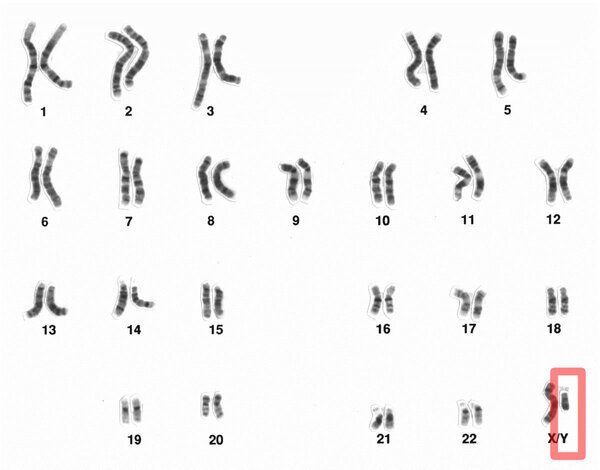Sperm Count Has Declined Almost 50% In Men Across The Globe In Recent Decades
Based on a meta-analysis of data from 53 countries across all seven continents, an international collaboration of scientists has shown that sperm counts have continued to decline and even accelerated in some areas, suggesting a worrying downwards trajectory in both fertility and men’s overall health.
According to the study authors, time is running out and the world needs to act fast.
“Our findings serve as a canary in a coal mine,” said Professor Hagai Levine of Hebrew University of Jerusalem’s Hadassah Braun School, in a statement.
“We have a serious problem on our hands that, if not mitigated, could threaten mankind’s survival. We urgently call for global action to promote healthier environments for all species and reduce exposures and behaviors that threaten our reproductive health.”
Alarm bells rang during the pandemic over declining sperm quality, and significant attention was brought to it by the misinformation that the COVID-19 vaccine supposedly affected sperm count and quality. In actuality, infection from COVID-19 did have an effect on this but the vaccine did not, though it did draw scrutiny towards declining sperm counts across men.
In a recent study, a team led by Professor Levine trawled through a diverse set of data from 223 different studies that contain sperm quality data from 1973-2018 and across various different continents, but specifically in continents that were not widely studied before, including South America, Asia and Africa. Covariates were accounted for and analysis performed on the data to look for trends across the board.
The study showed that men in these regions showed similar trends to those found in North America, Europe, and Australia, and that after 2000, the decline in sperm count and concentration accelerated.
“Overall, we’re seeing a significant worldwide decline in sperm counts of over 50 percent in the past 46 years, a decline that has accelerated in recent years,” said Levine.
Unfortunately, all we know from the study is that sperm count is declining, but not why. Levine states that is likely due to a cocktail of lifestyle choices, environmental chemicals, and potential disturbances in reproductive tract development before birth. A huge study in China earlier this year revealed that the large amount of air pollution may be wreaking havoc on sperm count, with people that lived in areas of higher pollution having higher rates of sperm decline.
However, further studies will be needed to uncover the full picture about where the world’s sperm is going.
The study was published in Human Reproduction Update.
https://www.iflscience.com/sperm-count-has-declined-almost-50-in-men-across-the-globe-in-recent-decades-66219
—-
I thought we had already blamed plastics and the pill as urine.
I wonder what other animals sperm counts have changed and by what rate…
